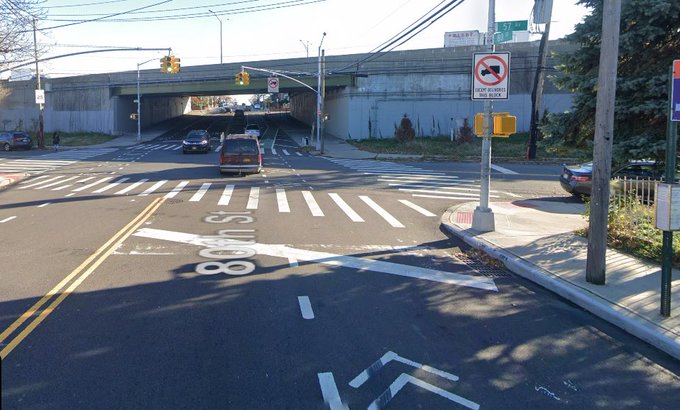By Bob Harris
Regretfully, many schools are considered failures due to conditions beyond the control of teachers and administrators.
Some schools are in neighborhoods so dysfunctional with gangs, drugs, crime and broken families, that many students cannot function in school. The teachers and principals are blamed for the failure.
To add to the problem, along come charter schools, which keep or push out the problem children, which makes them look better. If the charter schools do not provide facilities for the special needs children or the English as a Second Language children, their parents send them to the public schools.
Recently, some charters are starting to say they have children with individualized education programs, which means they have certain learning problems and need special help. They do not say whether the children have severe learning problems and cannot do well on tests or only have some slight problems and will not pull down the tests scores in their charter.
It seems likely that the children with IEPs only have minor learning problems in these schools because these schools are designed to make money for the owners, who sometimes receive large salaries. The owners do not want to spend too much money on extra services.
Business people are investing in charter schools because of the large amount of money they make. Why are hedge funds investing in these schools? When these schools hold a conference, they carefully screen who can attend. Do people contribute money to these schools and then get nice contracts for services and goods the schools buy?
Then, there are allegations that some of these schools have harsh disciplinary practices which would be illegal in a public school. Sure they have good control, but using what type of disciplinary practices? Why aren’t they audited by the city comptroller?
Some public schools receive students who were in juvenile prisons. Some of these youngsters have so many academic and emotional problems that they cannot function in regular schools and pull these schools down by having low test scores. They wander the halls and disrupt classes, if they go to class.
They are too young for special, over-age schools and unless they do something illegal they stay and disrupt their schools and give them a bad reputation. Our schools are not designed to handle these problem children. The charters keep or force them out.
While records should be kept, many teachers and other staff members say there is too much paperwork, which takes up too much of their time. There should be committees of all concerned who should be able to eliminate much of the paperwork. Are the computer systems set up to record things effective and usable? Is there too much stress on the teachers and their supervisors?
GOOD NEWS OF THE WEEK: Justice continues to be done in the CityTime corruption case.
Three of the contractors who stole money from the CityTime project, which was supposed to modernize payroll records so workers could not pad their final years of work and then retire on high pensions, were just sent to prison for 20 years.
A $63 million project skyrocketed to $700 million. Five other defendants have pleaded guilty and have agreed to give back more than $500 million.
Justice is done, but it takes too long for a case to go to trial. Justice should be quicker.
BAD NEWS OF THE WEEK: Jamaica High School is closing this month.
For three years the city Department of Education has been closing it one grade a year. The last graduating class will now leave.
My wife Edna graduated from Jamaica High, as did my two daughters. I was president of the Parent-Teacher Association in the late 1980s.
Four schools have been set up to take its place, one of which was a part of Jamaica HS. At one time Jamaica had the most Westinghouse Science Winners for a non-specialized school.
Terrible what the DOE has done!


































